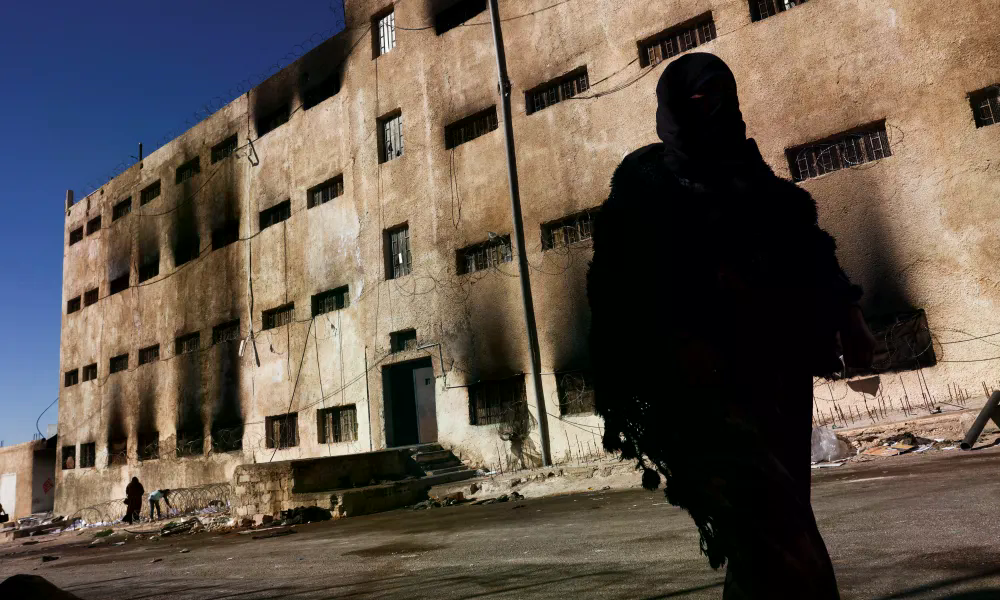
Syrian authorities have announced the arrest of a former military official accused of overseeing the execution of detainees at Sednaya prison during the rule of former President Bashar al-Assad. The interior ministry stated that Major General Akram Salloum al-Abdullah was detained by the counterterrorism branch in Damascus province on Wednesday.
According to the ministry, Abdullah held several positions within the military, including commander of the Military Police at the defense ministry between 2014 and 2015, during the period of the former regime. He is alleged to have been directly responsible for carrying out executions of detainees while serving as commander of the military police.
Sednaya prison, located outside Damascus, became one of the most infamous symbols of the Assad family’s rule, which lasted over five decades until Bashar al-Assad was ousted in December. Human rights organizations have described the facility as a site of extreme brutality.
Amnesty International has referred to the prison as a “human slaughterhouse.” A 2017 report by the organization highlighted widespread practices of murder, torture, enforced disappearance, and extermination at the facility since the start of the conflict in 2011. These actions were deemed crimes against humanity.
A 2014 report by Human Rights Watch corroborated accounts from former detainees who described mass deaths at the prison. According to the Association of Detainees and Missing Persons of Sednaya Prison, approximately 30,000 individuals were detained at the facility from 2011 onward, with only about 6,000 released. The remaining individuals are considered missing.
Diab Serriya, cofounder of the association, noted that Abdullah was the highest-ranking individual arrested in connection with Sednaya prison to date. He emphasized that the military police was in charge of the prison, and that during Abdullah’s leadership, numerous executions and acts of torture took place.
“He is responsible for those crimes,” Serriya told AFP. In a Facebook post, he also mentioned that the so-called “salt rooms” at Sednaya, used for storing bodies before they were transferred to mass graves, were established during Abdullah’s tenure.
According to Syria’s Civil Defence, the White Helmets, an estimated 50 to 100 people were executed daily inside the prison, which primarily housed political prisoners opposing al-Assad’s rule.
The UK-based Syrian Observatory for Human Rights estimates that more than 200,000 people have died in Syrian prisons, including through execution and torture.


